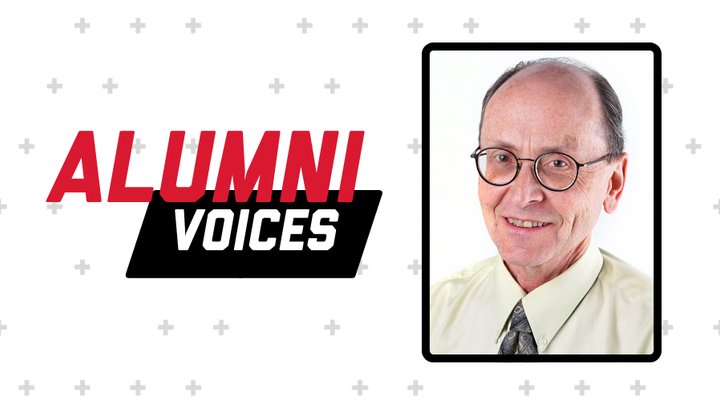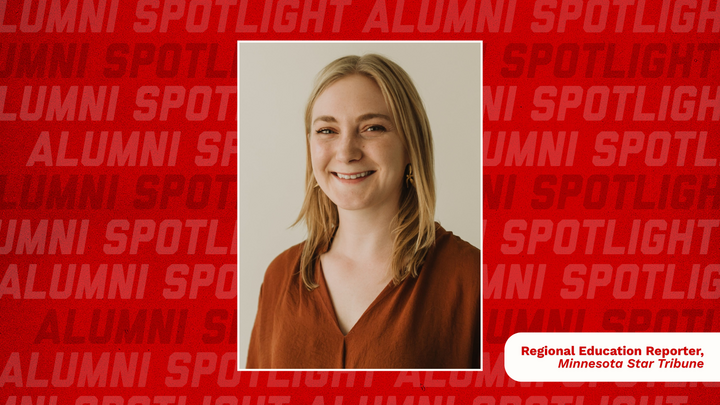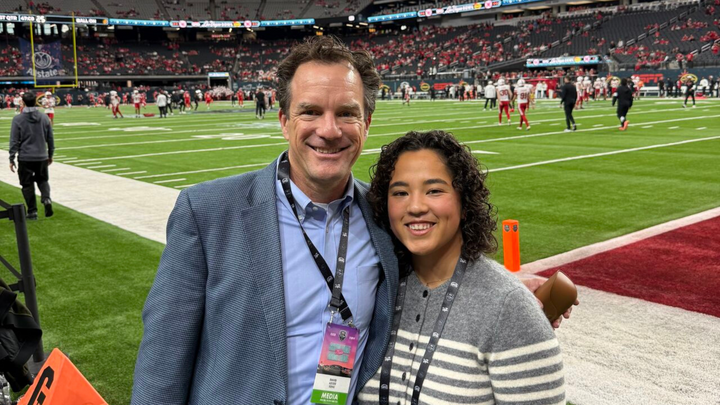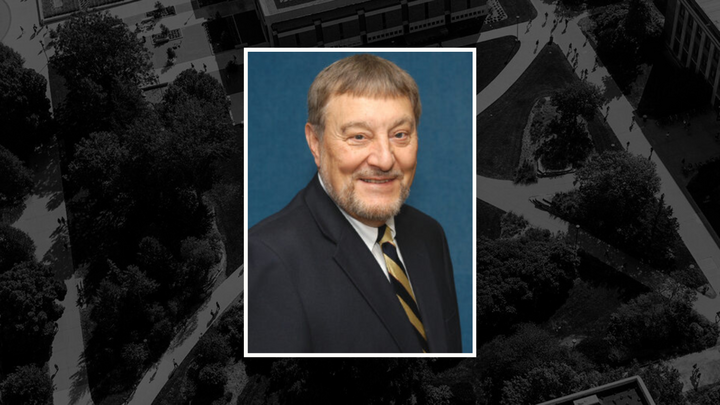White kids from small Nebraska towns don't often experience even a small taste of how racism feels. I did, and it was one of my most important and lasting lessons from college.
Shortly after my term as editor of the Daily Nebraskan in the fall of 1980, I was sued by an alumnus who donated nearly a million dollars worth of Krugerrands to the University Foundation. That followed a reprimand from the University Publications Board and pressure from the Board of Regents to fire me.
Here's what happened:
The South African disinvestment movement protesting the white-minority government's policy of apartheid was just gaining steam in the U.S. The donation brought that debate to Lincoln. The Daily Nebraskan covered the heck out of the controversy.
I was named editor the following semester. The DN editor before me, who was fired for plagiarism at the end of the spring semester, had struck up a loose correspondence with the donor, a 1923 engineering grad who made his fortune in South Africa. Some of the letters the donor sent to the editor – the names aren't important now – were treated as de facto news releases, becoming the basis for articles.
I was filling out my predecessor's term in the final days of the semester when I received a letter from the donor addressed to "Editor, Daily Nebraskan." I had never before read such hateful words.
The donor threatened to sue critics and the Daily Nebraskan for publishing assertions that the donation was a symbol of racism and that the donor, therefore, must be racist. Truth is an absolute defense against libel, so as a good journalism student, I thought this letter would be important if such a suit were filed.
Because we were about to end publication for the school year, I gave the letter to a student member on the Publications Board. The student was Black.
The letter ended up in State Sen. Ernie Chambers' hands, which may have had to do with the fact that the Publications Board member and I were both 22, both appalled and both sort of idealistic. Chambers, Nebraska's leading Black voice for decades, told me in 2021 that the letter was part of the fuel he used to win the approval of Nebraska being the first state government to divest from South Africa. In the moment, in June 1980, he sent the letter to Nebraska media, which embarrassed both the Foundation and the donor.
Early in the fall semester, I found myself before the Publications Board. After two meetings, I was reprimanded for using poor judgment, being told at one point that I should have known how profoundly the Black student member would be affected by the hatred in the letter. You know, because I was white. Because I was white, it was somehow my job to protect a person on the board that supervised me. Because I was white, it was my job not to let a Black man see what the donor wrote. That's one way racism works.
The regents weren't satisfied and passed a resolution urging the Publications Board to fire me, though it did not.
The Publications Board member and I discussed how, because I was white, I made myself a target for attacks by the donor's supporters, who had to tread carefully in criticizing Black students. That's another way racism works.
While student mental health wasn't discussed at the time and no one ever asked me how I was doing, I weathered the publicity and finished my semester as editor with great pride. In retrospect, I owe thanks to the regents and critics for making me tougher.
After all that, the donor sued me pro se, alleging I invaded his privacy.
It was a frivolous suit easily dismissed and it gave me a great story to tell at gatherings of professional journalists about getting sued as a student editor.
Apart from that, the Foundation and regents bluntly stood up for a man whose own words showed him to be a vitriolic racist who threatened a 22-year-old student editor.
As difficult as the experience was, it taught me much about the manifestations of racism and about how institutions can abet if not overtly, practice racism.
Randy's bio
I've spent my career striving to do journalism that makes a difference -- that holds institutions accountable, explains complex issues, helps communities. Along the way, I've enjoyed a seminar in America, leading award-winning coverage of presidential politics in Iowa and Ohio; the auto industry and urban rebirth in Detroit; immigration in Colorado; and a return to my home state to lead the Omaha World-Herald. Now back with the Detroit Free Press. 2016 winner of American Society of News Editors' Burl Osborne Editorial Leadership award.




